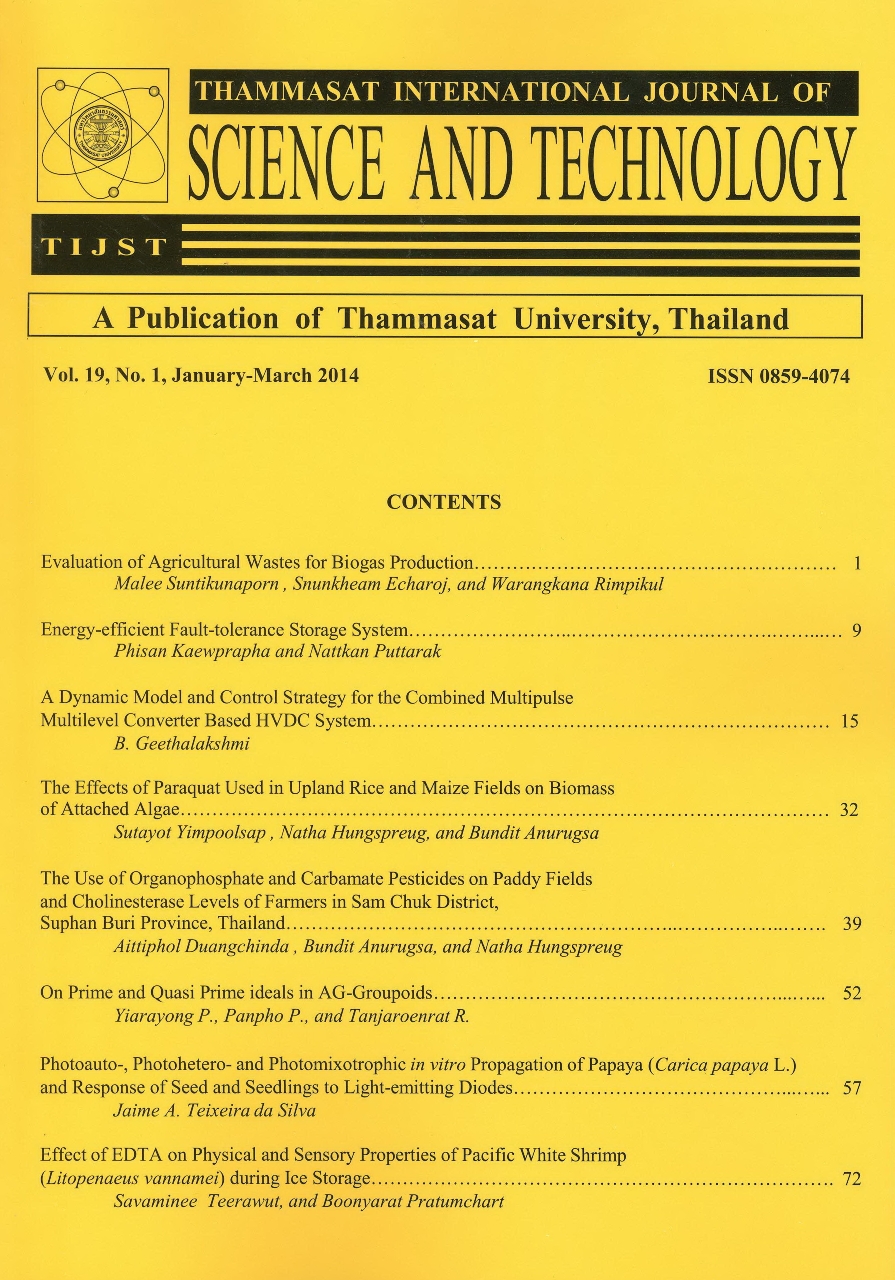Five-Times-Sit-To-Stand Test and Activities-Specific Balance Confidence Scale in Thai Fallers
Main Article Content
Abstract
The purpose of this study was to compare Five-Times-Sit-To-Stand (FTSTS) test and Activities-specific Balance Confidence (ABC) scale in Thai elderly people between faller and non-faller groups. One hundred and ten people had an independently physical activity in the community, dividing into two groups (n=55) based on their history of falls, fallers (mean age of 67.8±7.1 yr) and non-fallers (mean age of 66.9±5.7 yr). They completed a questionnaire and were evaluated with the FTSTS test and according to the ABC scale. All data were analyzed by chi-square and unpaired t-test. The results showed mean time of FTSTS in fallers (18.12 ± 4.17 sec) was significantly longer than that in the non-fallers (15.61 ± 4.24 sec) at p-value = .001. In contrast, the mean score of ABC scale in the fallers (63.8 ± 13.7 %) was significantly lower than that in the non-fallers (80.0 ± 11.0 %) at p-value < 0.001. We also found that some of the Thai elderly reported ABC scores of 0% while standing on a chair, walking on a wet floor or slippery slope and walking in the crowd because of their fear of falling. Thai people with history of falls not only take longer time of sit to stand but also have less confidence of balance in doing specific activities. These findings suggest that clinicians should educate the elderly people who have risk of falls to be mindful while performing specific activities to avoid falling.
Keywords: Thai Elderly; Fall Risk; Five-Times-Sit-To-Stand; Activities-Specific Balance Confidence Scale.


